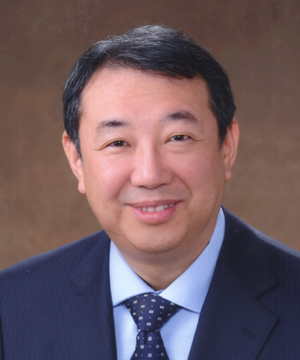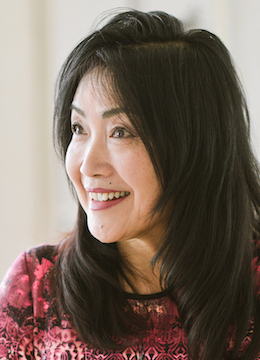


Prof. Hajime Asama received M. S., and Dr. Eng. from UTokyo (the University of Tokyo) in 1984 and 1989. He worked at RIKEN, Japan from 1986 to 2002, became a professor of RACE (Research into Artifacts, Center for Engineering) of UTokyo in 2002, a professor of School of Engineering since 2009, and the director of RACE since 2019. He received SICE System Integration Division System Integration Award for Academic Achievement in 2010, JSME Award (Technical Achievement) in 2018, etc. He was the vice-president of RSJ in 2011-2012, an AdCom member of IEEE Robotics & Automation Society in 2007-2009. Currently, he is the president of IFAC since 2020. He is a council member of the Science Council of Japan since 2017. He is a Fellow of IEEE, JSME, and RSJ. His main research interests are service robotics, distributed autonomous robotic systems, embodied brain science systems, and cognitive ergonomics.
Robot Technology (RT) is a technology to derive solutions to the societal problems and to create new values in the society by system integration. In addition to the research and development of service robotics, needs-driven approach is considered important to promote the societal dissemination. In this presentation, the trends in research and development of robot technology for various services, such as rehabilitation, nursing care, disaster response, decommissioning of nuclear power plants, etc., are introduced, as well as the issues on its societal dissemination and activities to solve them. The needs of service robotics for response to COVID-19 pandemic and post-coronavirus society are also discussed.

Prof. Maria Feng is Renwick Professor at the Department of Civil Engineering and Engineering Mechanics, and Director of the Sensing, Monitoring, and Robotics Technology (SMaRT) Laboratory at Columbia University. She is recognized for her pioneering research in the multidisciplinary areas of sensor technology for structural health monitoring. For her achievements, Dr. Feng has received numerous awards including the CAREER award from National Science Foundation, the Collingwood Prize by American Society of Civil Engineers (ASCE), the Water L. Huber Civil Engineering Research Prize by ASCE, the Alfred Noble Prize awarded jointly by ASCE, ASME, IEEE, AIMMPE, and WSE. She is a Fellow of ASCE. Dr. Feng holds an MS in Mechanical Control Engineering from University of Electro-Communications and a PhD in Mechanical Engineering from University of Tokyo.
With recent breakthroughs in sensors, computer vision, smartphones, Internet and machine learning, incorporating artificial intelligence into engineering structures is no longer a dream. This talk will first review the state-of-the-art research in exploring advanced technology for structural health monitoring (SHM) and digital twins to address the challenges facing our society’s aging civil infrastructure. I will also share the lessons learned from my own research in this field over the last three decades. Finally, I will discuss opportunities and challenges to fix our aging infrastructure by integrating smart technology.